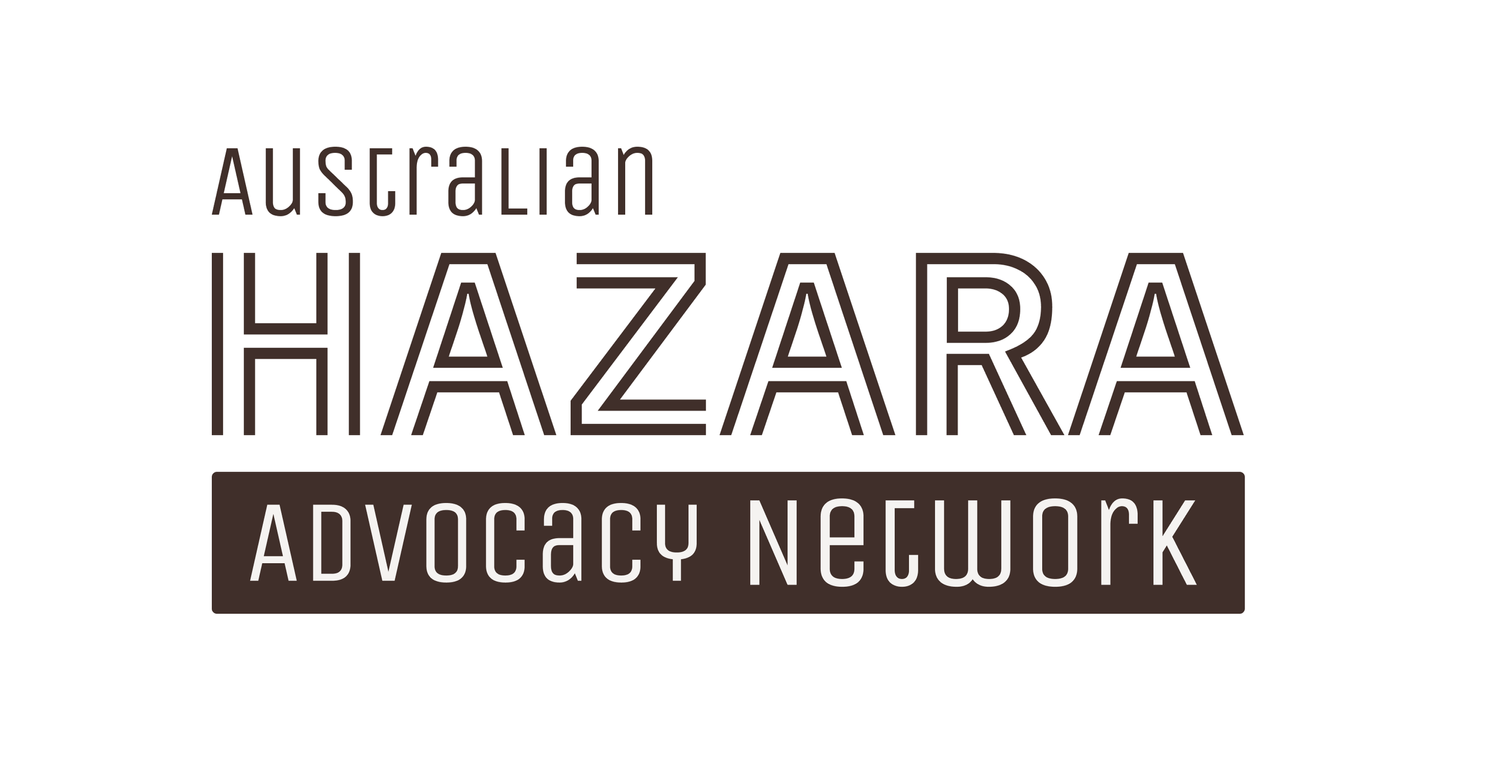Media Release: Third Anniversary of the Fall of Afghanistan to the Taliban
Date: 12 August 2024
Title: Marking the Third Anniversary of the Taliban’s Violent Return to Power: Highlighting the Ongoing Persecution of the Hazara Community and the Systematic Oppression of Women
On the third anniversary of the Taliban’s violent return to power in Afghanistan, we must reflect on the grave human rights abuses that have unfolded over the past three years. To mark this tragic day, the Australian Hazara Advocacy Network (AHAN), in collaboration with the Parliamentary Friends of the Hazaras, is gathering at the Australian Parliament House to highlight the Taliban’s unchecked human rights violations by showcasing a documentary filmed by AHAN member Muzafar Ali during a recent trip to Afghanistan.
Persecution of the Hazara Community:
● Historical Context: The Hazara community, a predominantly Shia Muslim ethnic group, has faced long-standing discrimination and violence in Afghanistan.
● Post-Taliban Takeover: Since the Taliban’s return to power, Hazara persecution has intensified. Reports indicate targeted killings, forced displacements, and destruction of Hazara homes and properties.
● Four-Faceted Persecution:
● State Surveillance: The Taliban have increased surveillance of Hazara communities, leading to heightened fear and suppression of dissent.
● Erosion of Identity: Strict dress codes and cultural restrictions are imposed to erase Hazara cultural identity.
● Continued Violence: Repeated targeted attacks on Hazara places of worship, education, and general gathering. A minivan carrying Hazara passengers was targeted just last night (11 August 2024) in the Hazara neighborhood of Dasht-e-Barchi. These attacks, often claimed by ISIS-K are increasingly common under Taliban now.
● Denial of Women's Participation: Hazara women, and women generally, are subjected to gender apartheid, being denied participation in all spheres of life, exacerbating their marginalization.
Systematic Oppression of Women and Girls:
● Gender Apartheid: The Taliban’s policies have institutionalized gender oppression, amounting to what many describe as gender apartheid. Women and girls face severe restrictions on education, employment, and freedom of movement.
● Human Rights Violations: Women and girls are subjected to violence, including arrests for non-compliance with dress codes, corporal punishment, and enforced disappearances.
● Economic Impact: Restrictions on women’s right to work have plunged many families deeper into poverty, with increased reports of depression and suicide among women and girls.
Crimes Against Humanity:
● International Recognition: The human rights violations against women and girls in Afghanistan are so severe that they may constitute crimes against humanity. These include gender persecution, murder, torture, enslavement, sexual violence, and other inhumane acts.
● Call for Accountability: There is a growing call for the international community to recognize the Taliban’s actions as crimes against humanity and to take decisive action to hold perpetrators accountable.
Call to Action:
● Support Parliamentary Motion: We urge Members of Parliament to vote in favor of motions that the Parliamentary Friendship Group for Hazaras brings to the house in support of the Hazaras, persecuted minorities and the women of Afghanistan.
● Incorporate Human Rights in Diplomatic Engagement: Ensure that human rights and the voices of at risk minorities and women are central to political processes and diplomatic engagements with Afghanistan, and work towards recognition of gender apartheid in Afghanistan as a crime against humanity by the Australian Government.
● Special Humanitarian Program and Family Reunion: Expand the special humanitarian intake for vulnerable communities from Afghanistan and reform family reunion rules to account for unique circumstances of these vulnerable groups.
Australia’s Responsibility:
Australia cannot neglect the people of Afghanistan, particularly the Hazara community and Afghan women, who have found a second home in Australia and contributed to our society. We have a moral and humanitarian obligation to stand in solidarity with them, amplify their voices, and take concrete actions to support their fight for justice and human rights.
Quotes:
Muzafar Ali, AHAN Member:
“My visit to Afghanistan in May 2024 revealed the extent of the Taliban’s brutality. I saw firsthand the fear in the eyes of Hazara families, the courage of women running underground schools, and the resilience of a community under siege. The international community must not turn a blind eye to these atrocities. We must support the brave individuals risking their lives for education and freedom, and hold the Taliban accountable for their crimes.”
Kylea Tink MP, Co-Chair Parliamentary Friends of the Hazaras:
“The situation in Afghanistan remains volatile and the bravery of the Hazara-Australian community and the ongoing fight for freedoms and human rights deserves our respect and support. I stand in solidarity with you today.”
Zohal Azra, Lawyer and AHAN member:
“Since August 2021, millions of women and girls have been barred from schools, universities, and most workplaces. The Hazara community has faced increased violence, discrimination, and dispossession from their ancestral lands. The Taliban have also introduced restrictions to prevent Hazaras and Shias from holding public religious ceremonies. The UN and international community are holding meetings with Taliban officials at Doha without including persecuted groups such as women, Hazaras, and the LGBTQ community in the discussions. It’s imperative that we do not forget the plight of the Hazara people who are facing genocide and millions of women who are stripped from their most basic rights.”
Shabnam Safa, Refugee Advocate and AHAN Member:
“There should be no place for the Taliban and their atrocities in today’s world, and they must be held accountable. The people of Afghanistan, especially the women, continue to pay the highest price for the international community’s tragic diplomatic failures that reinstated the Taliban’s barbaric regime in Afghanistan.
Long persecuted for their ethnicity in Afghanistan, the Hazaras endured brutal atrocities at the hand of the Taliban in the 90s and are now once again subject to the same horrors. Australia must join the call for accountability.”
Contact: Zaki Haidari - 0405 968 455 - hazaraadvocacyau@gmail.com
END.
